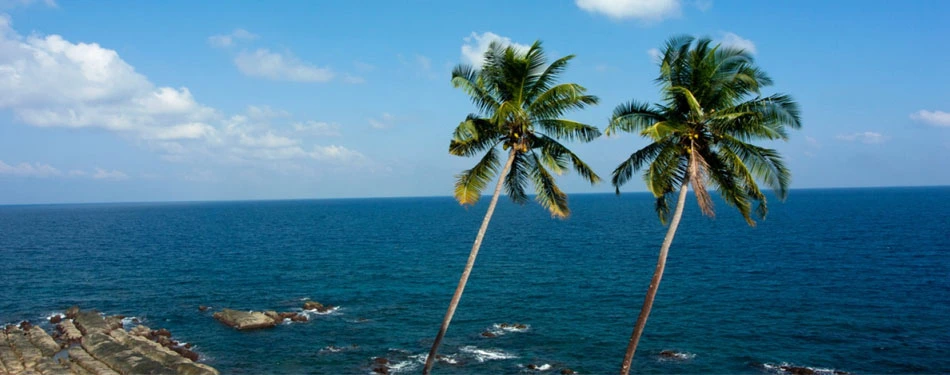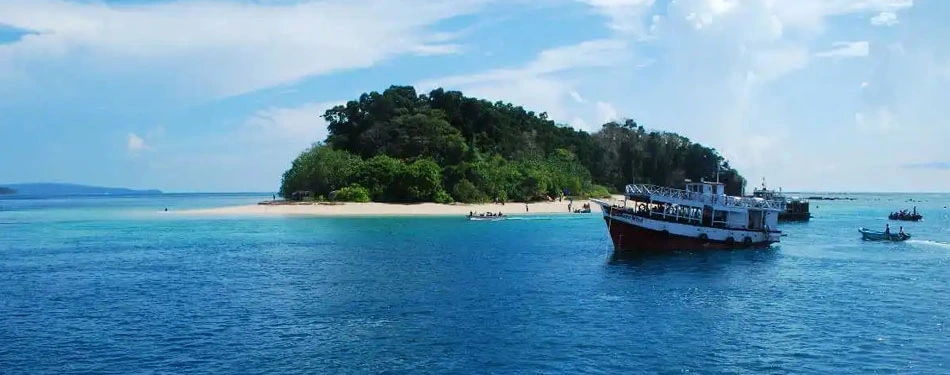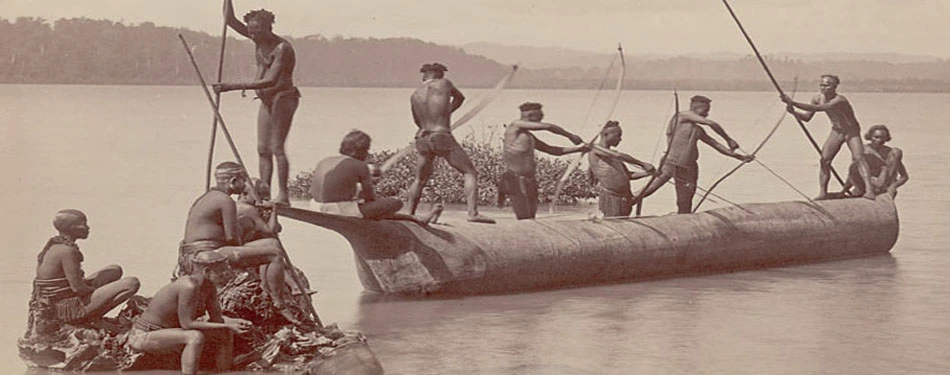Port Blair Population: Understanding the Heartbeat of Andaman

Located in the blue waters of the Bay of Bengal, Port Blair is not just the capital city
of the Andaman and Nicobar Islands but also the destination to a rich variety of
culture, history, and biodiversity. Understanding the population of Port Blair, along
with its unique demographic characteristics, offers a window into the heartbeat of
Andaman. This blog dives into the aspect of Port Blair's population, discussing the
religious population of Andaman, the indigenous tribes of the Andaman and Nicobar
Islands, and an estimation of the Port Blair city population in 2024.
Port Blair city population in 2024.

Port Blair, serves as the focal point of the Andaman and Nicobar Islands, showcasing a
vibrant mix of people that contribute to its multicultural and multi-ethnic identity.
The population here is a blend of mainland settlers, indigenous tribes, and people from
various ethnic and religious backgrounds. As we look towards 2024, the Port Blair city
population is expected to show moderate growth, reflecting trends in migration, natural
increase, and the evolving socio-economic landscape of the region.
This city, though small, functions as the administrative, commercial, and tourism hub of
the islands, attracting people from different parts of India and the world. This
diversity is mirrored in the demographic patterns, with a rich mosaic of languages,
traditions, and religions coexisting peacefully.
The Religious Population of Andaman
Religion in Port Blair, like the rest of Andaman and Nicobar Islands, paints a picture of
harmony amidst diversity. The religious population of Andaman is majorly Hindu with more
than 70%, followed by Christians, Muslims, Sikhs, and other minority faiths. Each
community contributes to the cultural kaleidoscope of the islands, celebrating festivals
and rituals with enthusiasm and community participation. This religious diversity not
only adds to the social fabric of Port Blair but also attracts visitors keen on
exploring the cultural depth of this island city.
Visit here for more information
The Tribes of Andaman and Nicobar

The Andaman and Nicobar Islands are home to some of the most ancient and isolated tribes
in the world. These indigenous tribes of Andaman and Nicobar include the Great
Andamanese, the Onges, the Jarawas, the Sentinalese, and the Nicobarese, among others.
While most of these tribes live in protected areas away from the mainstream population,
they are an integral part of the region's identity. Their way of life, deeply connected
with the natural environment, offers insights into human history and our connection with
nature.
Unfortunately, the tribes of Andaman and Nicobar do face numerous challenges, including
the threat of losing their culture and lands to development and tourism. Efforts are
ongoing to protect their rights and preserve their heritage, recognizing their
significance not just to the Andaman and Nicobar Islands but to the collective heritage
of humanity.
Port Blair Population in 2024
Predicting the Port Blair city population in 2024 involves considering various factors,
including past and present growth trends, migration patterns, and government policies
affecting the region. With its strategic location, natural beauty, and increasing role
as a tourist destination, Port Blair is likely to see continued population growth, with
a current population being approximately 152,000. However, this growth
must be managed
sustainably to protect the environmental sanctity of the islands and the well-being of
its indigenous communities.
Efforts to develop Port Blair and the surrounding areas sustainably include promoting
eco-friendly tourism, improving infrastructure with minimal environmental impact, and
supporting the livelihoods of the local population. These initiatives aim to ensure that
the growth of the Port Blair population is in harmony with the preservation of the
islands' natural and cultural heritage.
Find out more blogs to read
To Conclude
Port Blair, with its diverse population, serves as a mirror of the Andaman and Nicobar
Islands' broader socio-cultural and environmental narrative. From the busy streets of
the city to the secluded homes of the indigenous tribes, each element contributes to the
unique heartbeat of Andaman. As we look towards 2024 and beyond, understanding and
respecting this delicate balance becomes crucial.
The future of Port Blair and the islands at large depends on eco-friendly development,
the protection of indigenous rights, and the celebration of cultural diversity. In
understanding these principles, we can all contribute to the growth of this unique
corner of the world, ensuring that the heartbeat of Andaman continues strong and vibrant
for generations to come.


